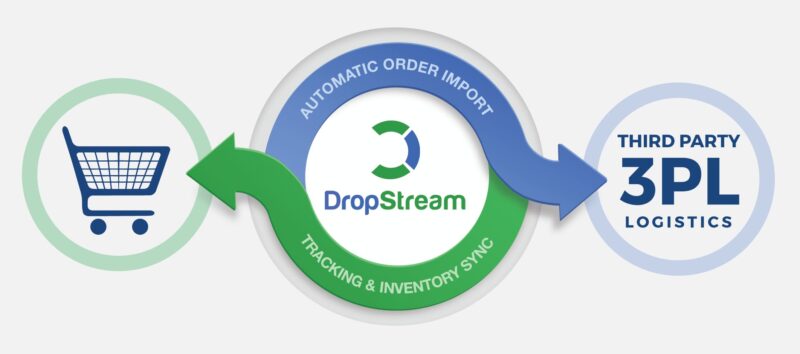
Progressive web app (PWA)
Progressive Web Application (PWA) is a type of web app that can operate both as a web page and mobile app on any device. This is an app built from the web technologies we all know and love, like HTML, CSS, and JavaScript, but with a feel and functionality that rivals an actual native app. Progressive web apps take advantage of the much larger web ecosystem, plugins and community and the relative ease of deploying and maintaining a website when compared to a native application in the respective app stores.
PWAs are built with the capabilities like push notifications and the ability to work offline. They are also built on and enhanced with modern APIs which makes it easy to deliver improved capabilities along with reliability and the ability to install them on any device.
Native App
A Native App is a software application built in a specific programming language for a specific device platform, either IOS or Android. In fact, almost any app you download from Google’s Play Market or Apple’s App Store is a native solution by its very nature. A native app lives on the user’s device and is accessed by tapping an icon on the device’s home screen. They can take full advantage of all the device features − they can use the camera, the GPS, the accelerometer, the compass, the list of contacts, and so on.
A native app is preferable when creating high-security apps that will handle things like sensitive client data in industries such as finance, health, or banking.
Native mobile apps can interact with other apps, meaning you can easily connect to third-party services: from authorization via Facebook to shipping through FedEx, any integration with an external service is possible. Overall, native apps provide a great experience for the user, and have a definite allure to them for businesses wanting to appear professional.
PWA vs Native App
Expensive and time-intensive
Native apps are cost-effective and time-consuming to develop and maintain. The development and maintenance costs of native apps are higher in comparison to progressive web apps.
Download & Installation
Mobile users love simple workflows and ease of usage. A user doesn’t have to install a PWA to find some info, interacting with a business or make a purchase, as in the case with native mobile apps. On the ease and convenience scale, progressive web apps rank much higher than native apps. In addition, a progressive web app doesn’t take up as much space as an app. With just an URL, visitors can access and share the app with their friends.
Convenience
With a native app, in addition to having to build separate versions for every platform, you will also need to submit them to various app stores, maintain store listings, and manage user reviews.
With a PWA you can usually update and deploy your changes without approval or additional installs by your users because updates go live instantly. This makes PWAs more convenient for you as a developer, and your users.
Performance
Progressive web apps load faster, but they run on a third-party browser. This means there will always be chances of latency and significant battery consumption.
Native app can use the hardware and device features better than PWAs. Also, native mobile applications are more powerful and score high on performance because of the platform-centric code.
Offline availability
PWAs can promise offline functionality by delivering certain parts of the web app at a time. If you are a PWA user, you can enjoy the benefits of offline mode because PWAs function in even the weakest network conditions.
On the other hand, native apps fare far better on this front. A native app will deliver a consistent experience even when the user is not connected to the internet 24×7.
Updates
PWAs tend to be up to date most of the time because it loads up from a server without any action from the user. On native app, updates are carried out manually.
Contact Taksa for your Outsourcing Development Project requirements and see how our developers incorporate best scalable application framework and technologies into your project.





